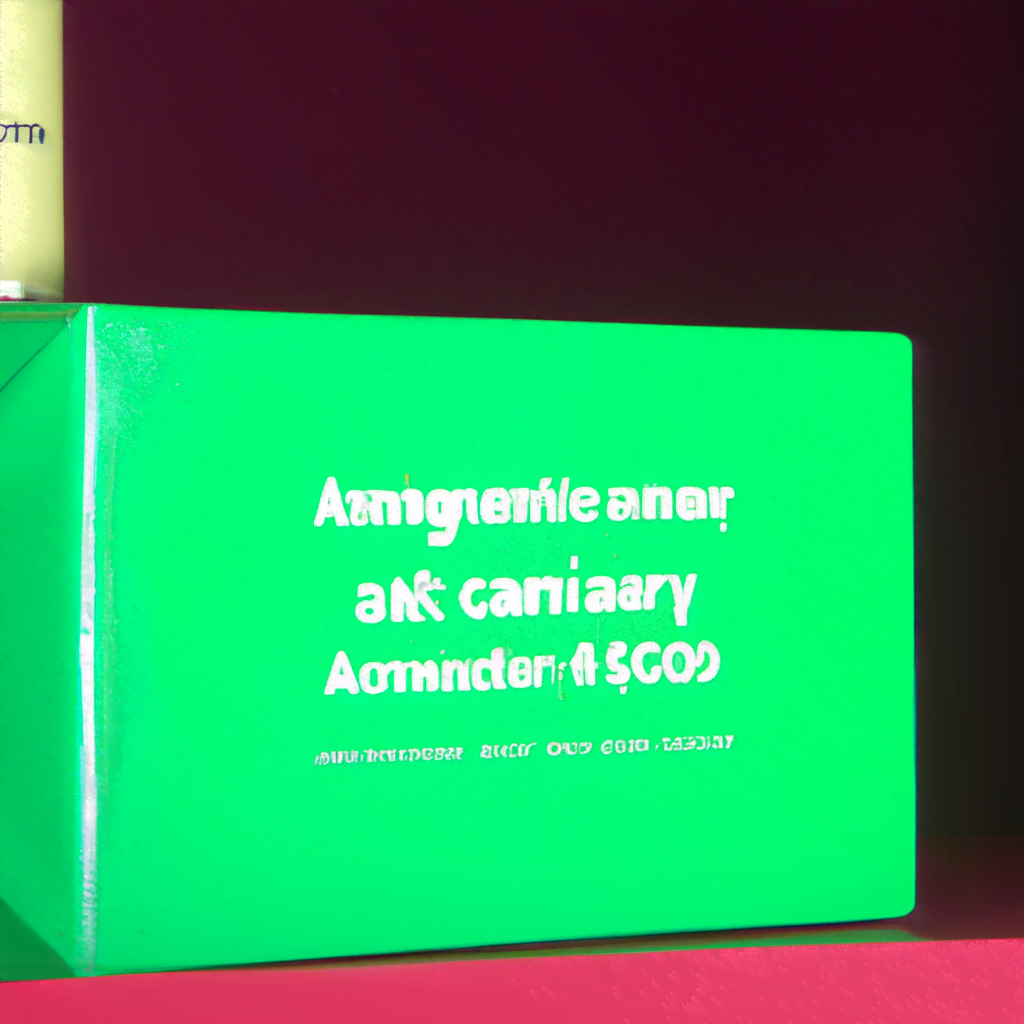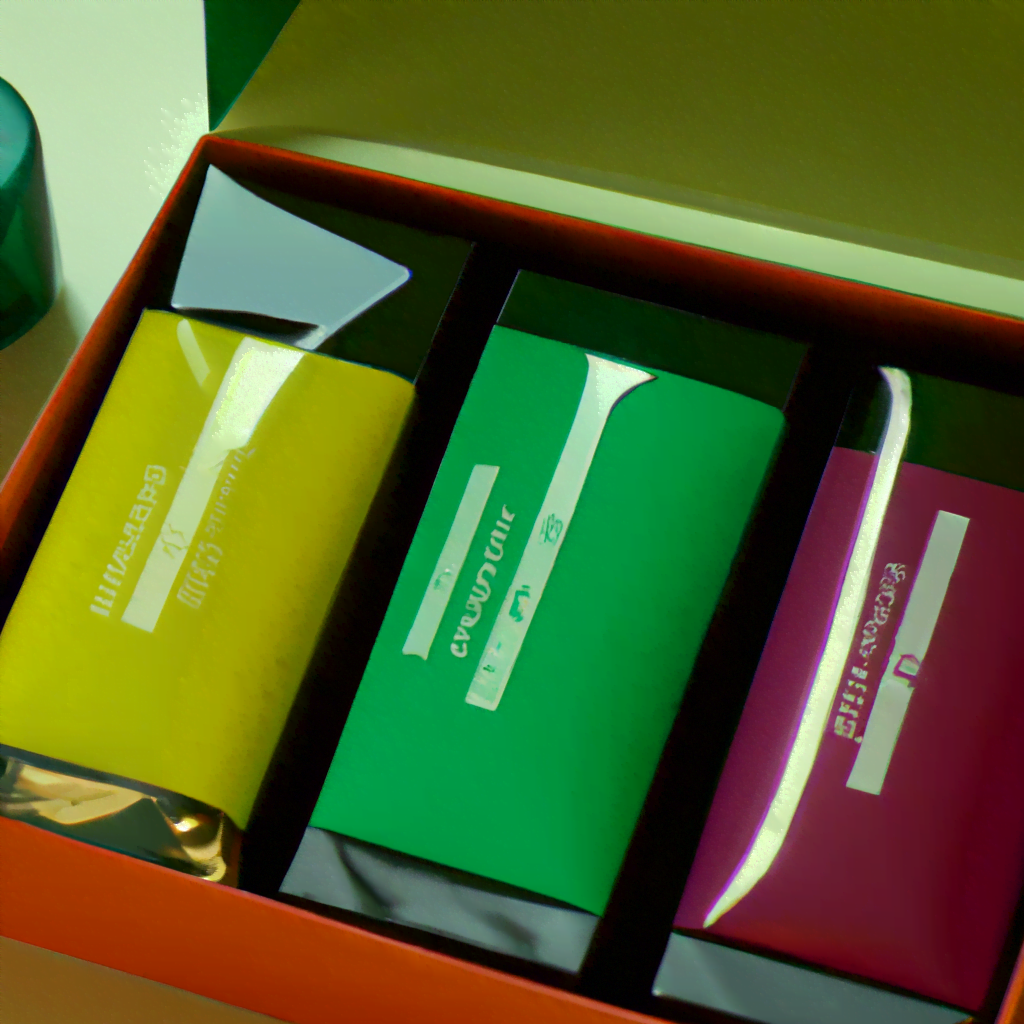
Packaging for Sustainable Personal Care Accessories

Introduction
The personal care industry has been growing rapidly over the years, with consumers becoming more conscious of the products they use and their impact on the environment. As a result, there has been a significant shift towards sustainable and eco-friendly personal care accessories. However, the packaging of these products has often been overlooked, leading to a significant amount of waste. In this article, we will explore the importance of sustainable packaging for personal care accessories and the various options available.
The Importance of Sustainable Packaging
Packaging plays a crucial role in the personal care industry, as it protects the product and provides information to the consumer. However, traditional packaging materials such as plastic, are not sustainable and contribute to the growing problem of waste. According to the United Nations, over 300 million tons of plastic waste are generated globally each year, with only 9% being recycled. This highlights the need for sustainable packaging solutions that reduce waste and promote a circular economy.
Sustainable packaging not only benefits the environment but also provides a competitive advantage for brands. Consumers are becoming more aware of the impact of their purchasing decisions and are more likely to choose products that align with their values. A study by Nielsen found that 66% of consumers are willing to pay more for sustainable products, highlighting the potential for brands to increase their market share by adopting sustainable packaging.
Sustainable Packaging Options
There are various sustainable packaging options available for personal care accessories, each with its own benefits and drawbacks. Here are some of the most popular options:
Biodegradable Packaging
Biodegradable packaging is made from materials that can decompose naturally, such as plant-based materials like cornstarch, sugarcane, and bamboo. These materials break down into natural elements, such as water and carbon dioxide, without leaving any harmful residue. Biodegradable packaging is an excellent option for personal care accessories as it reduces waste and is compostable.
However, biodegradable packaging has its limitations. It requires specific conditions to decompose, such as high temperatures and humidity, which may not be available in all environments. Additionally, some biodegradable materials may release methane, a potent greenhouse gas, during decomposition.
Recyclable Packaging
Recyclable packaging is made from materials that can be reused or repurposed, such as glass, metal, and paper. These materials can be recycled multiple times, reducing waste and conserving resources. Recyclable packaging is an excellent option for personal care accessories as it promotes a circular economy and reduces the need for virgin materials.
However, not all recyclable materials are created equal. Some materials, such as plastic, are difficult to recycle and may end up in landfills or oceans. Additionally, the recycling process requires energy and resources, which may not be sustainable in the long run.
Refillable Packaging
Refillable packaging is a sustainable option that allows consumers to reuse the same container multiple times by refilling it with the product. Refillable packaging reduces waste and promotes a circular economy by extending the life of the container. Refillable packaging is an excellent option for personal care accessories as it reduces the need for single-use packaging.
However, refillable packaging requires a significant investment in infrastructure and logistics, which may not be feasible for all brands. Additionally, refillable packaging may not be suitable for all products, such as those with a short shelf life or those that require a sterile environment.
Case Studies
Several brands have already adopted sustainable packaging solutions for their personal care accessories. Here are some examples:
Lush
Lush, a cosmetics brand, has been a pioneer in sustainable packaging solutions. The brand has introduced several initiatives, such as using biodegradable packaging made from potato starch and recycled paper, and offering refillable packaging for its products. Lush’s packaging solutions have helped the brand reduce its environmental impact and promote a circular economy.
The Body Shop
The Body Shop, a personal care brand, has also adopted sustainable packaging solutions. The brand has introduced refillable packaging for its shower gels and shampoos, reducing the need for single-use packaging. Additionally, The Body Shop has partnered with Plastics for Change, a social enterprise, to source recycled plastic from waste pickers in India, promoting a circular economy and supporting local communities.
Conclusion
Sustainable packaging is a crucial aspect of the personal care industry, as it reduces waste and promotes a circular economy. Brands that adopt sustainable packaging solutions not only benefit the environment but also gain a competitive advantage by appealing to conscious consumers. Biodegradable, recyclable, and refillable packaging are some of the most popular options available, each with its own benefits and drawbacks. Brands such as Lush and The Body Shop have already adopted sustainable packaging solutions, setting an example for others to follow. By adopting sustainable packaging solutions, the personal care industry can reduce its environmental impact and promote a more sustainable future.
